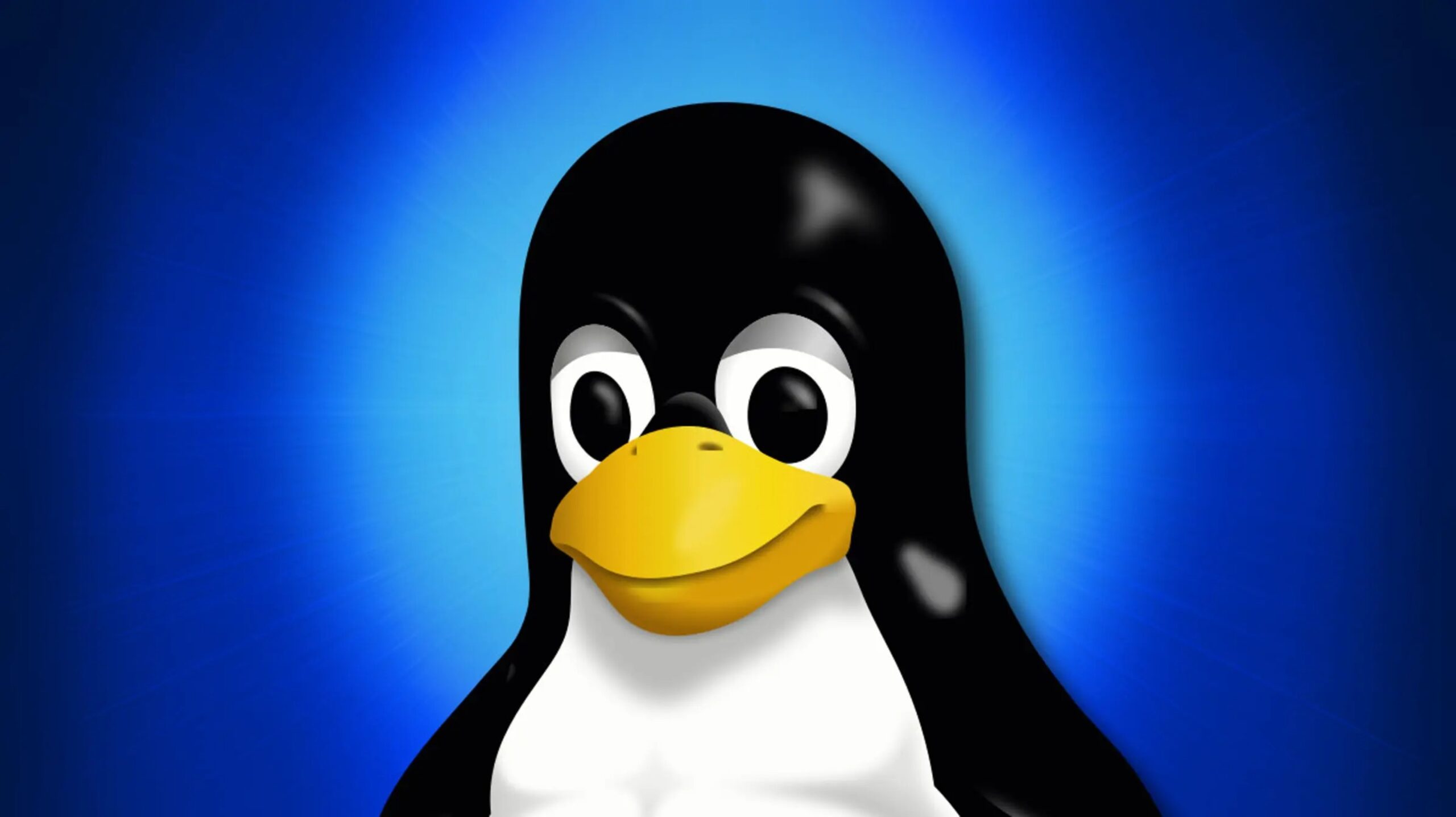
The Linux for Developers Certified Course is designed to provide developers with a strong foundation in Linux, the backbone of modern software development and server environments. This course covers essential Linux concepts, including file systems, command-line operations, shell scripting, package management, and process monitoring, enabling developers to efficiently navigate and manage Linux-based systems. Participants will gain hands-on experience with real-world development workflows, automation, and troubleshooting, equipping them with the skills to build, deploy, and maintain applications in Linux environments. By the end of the course, learners will be confident in leveraging Linux tools and commands to optimize development processes and enhance productivity.
Introduction to Linux History and evolution of Linux Linux distributions overview (Ubuntu, CentOS, Debian, Fedora) Installing Linux on virtual machines and dual boot Understanding the Linux file system hierarchy.
Linux Command-Line Basics Navigating directories Viewing and editing files.
File Permissions and User Management Understanding file permissions and ownership Managing users and groups Access control and sudo privileges.
Shell Scripting and Automation Introduction to Bash and Zsh Writing and executing shell scripts Conditional statements, loops, and functions Automating routine tasks.
Package Management and Software Installation Using package Installing, updating, and removing software Managing repositories and dependencies.
System Monitoring and Performance Management Monitoring CPU, memory, disk usage Process management Log files and system diagnostics.
Networking and Security Basics Network configuration and troubleshooting Secure shell Firewall setup and basic security best practices
Development Environment Setup Installing programming languages (Python, Java, C/C++) Configuring IDEs and editors (VS Code, Vim, Nano) Setting up local servers for development.
Version Control and Collaboration Introduction to Git and GitHub/GitLab Branching, merging, and pull requests Collaborative workflows in Linux environments.
Containerization, Virtualization, and Advanced Topics Introduction to Docker and containerization Basic Kubernetes concepts Virtual machines with VirtualBox Troubleshooting and best practices for Linux development.
Mobile: 9100348679
Email: coursedivine@gmail.com

You cannot copy content of this page